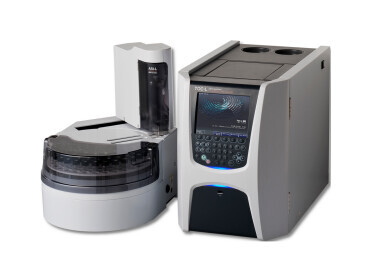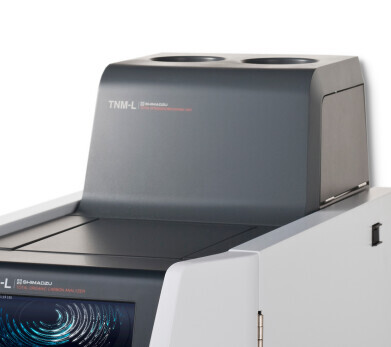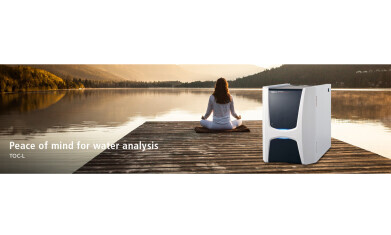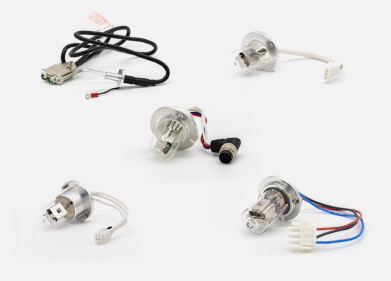-
 TOC-L with modular ASI-L autosampler
TOC-L with modular ASI-L autosampler -
 TNM-L – Total Nitrogen Module
TNM-L – Total Nitrogen Module -

Laboratory Products
Selecting the right TOC analyser for your laboratory
Aug 06 2024
Choosing the right total organic carbon (TOC) analyser is critical to ensuring accurate and reliable results in your laboratory. The devil is in the details, and small features and specifications can have a big impact on your analytical success. Here are some key factors to consider when making your choice.
Ensure confidence in every measurement
Accurate and precise measurements are essential for any laboratory. While analyser specifications may look great on paper, it’s important to choose one that delivers reliable reproducibility in your specific sample matrices.
Simplify your lab workflow
A user-friendly interface and intuitive operation can save time and reduce errors. Advanced automated dilution and injection systems can significantly cut down maintenance and sample preparation. While hardware is crucial, you’ll mostly interact with the instrument through its software. Make sure the software is intuitive and easy to use, enhancing your overall experience.
Think beyond the initial cost
TOC combustion analysers have a relatively long lifecycle, as most of the parts that wear over time are consumables. Therefore, it’s important to consider the total cost of ownership, not just the initial price of the instrument. Always ask for quotes for consumables, power, and gas requirements to get a clear picture of ongoing costs.
Minimize maintenance with efficient injection
In TOC analysis, a higher injection volume means more matrix is injected, leading to increased maintenance and costs. Don’t just check sensitivity and limit of detection (LOD) specifications; ask how much sample you really need to inject to achieve your desired specifications. Sample dilution capabilities can also help save on maintenance.
Make calibration easy
Regular calibration and quality control (QC) are critical to maintaining accurate TOC measurements. Look for a TOC analyser that saves time and reduces potential mistakes by automatically diluting calibration standards. Calibration stability depends on many factors, so don’t trust stability guarantees blindly. Regular control measurements ensure continued accuracy. Make sure the system supports you with QC workflows.
Adapt to changing needs with versatility
TOC analysis is versatile, and analytical tasks often change. Look for a system that can be customized for different applications and modified to meet new needs after the initial purchase. For example, choose a system with a modular total nitrogen (TN) option (Figure 1). Make sure your autosampler (Figure 2) can be upgraded with magnetic stirrers in case you need to measure wastewater with particles later. A single system that handles multiple applications saves validation effort and is more efficient to validate than several specialised ones.
Ensure user-friendly maintenance
Analysers wear out and require maintenance. It’s important that users can perform maintenance themselves and understand what’s happening inside their system. Ensure that maintenance tasks are simple enough to be performed by the user, saving time and reducing downtime.
Conclusion
Choosing the right TOC analyser involves considering factors such as accuracy, ease of use, total cost of ownership, injection volume, ease of calibration, versatility, and ease of maintenance. The right analyser provides peace of mind for water analysis and ensures confidence in every measurement.
Digital Edition
ILM 49.5 July
July 2024
Chromatography Articles - Understanding PFAS: Analysis and Implications Mass Spectrometry & Spectroscopy Articles - MS detection of Alzheimer’s blood-based biomarkers LIMS - Essent...
View all digital editions
Events
ACS National Meeting - Fall 2024
Aug 18 2024 Denver, CO, USA
Aug 25 2024 Copenhagen, Denmark
Aug 28 2024 Phnom Penh, Cambodia
Sep 04 2024 Chiba, Tokyo, Japan
Sep 04 2024 University of Warwick, Coventry, UK

















